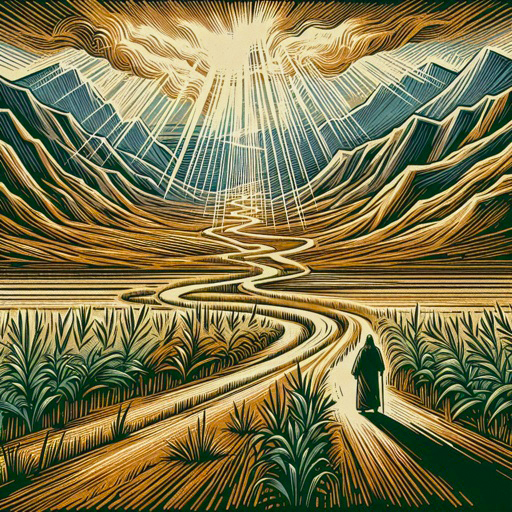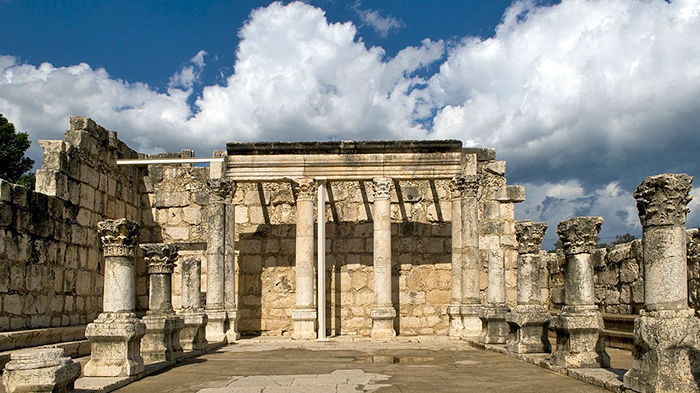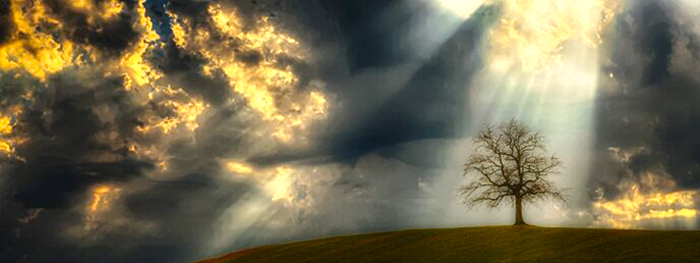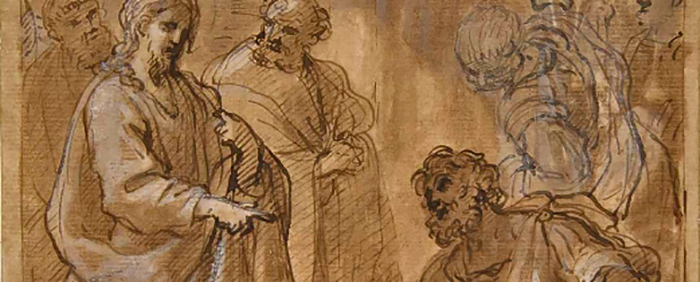
The Holy Father, Pope Francis, wrote that today, people need to witness God’s mercy and tenderness, which spurs the resigned, enlivens the distant-hearted, and ignites the fire of hope. He ignites the fire of hope! We don’t. So many situations require our comforting witness. To be joyful, comforting people. I’m thinking of those who are burdened by suffering, injustice, and tyranny, of those who are slaves to money, power, success, and worldliness. Poor dears! They have fabricated consolation, not the true comfort of the Lord! We are all called to comfort our brothers and sisters, to testify that God alone can eliminate the causes of existential and spiritual tragedies. He can do it! He is powerful! Isaiah’s message, which resounds on this second Sunday of Advent, is a salve on our wounds and an impetus to prepare with commitment to the way of the Lord. Indeed, today, the prophet speaks to the heart to tell us that God condones our sins and comforts us. If we entrust ourselves to him with a humble and penitent heart, He will tear down the walls of evil; He will fill in the holes of our omissions, will smooth over the bumps of arrogance and vanity, and will open the way of an encounter with Him. It is curious, but we are often afraid of consolation, of being comforted. Or rather, we feel more secure in sorrow and desolation. Do you know why? Because in sorrow, we feel almost like the protagonist. However, in consolation, the Holy Spirit is the protagonist! It is He who consoles us, and it is He who gives us the courage to go out of ourselves. It is He who opens the door to the source of every true comfort, that is, the Father. And this is conversion.









